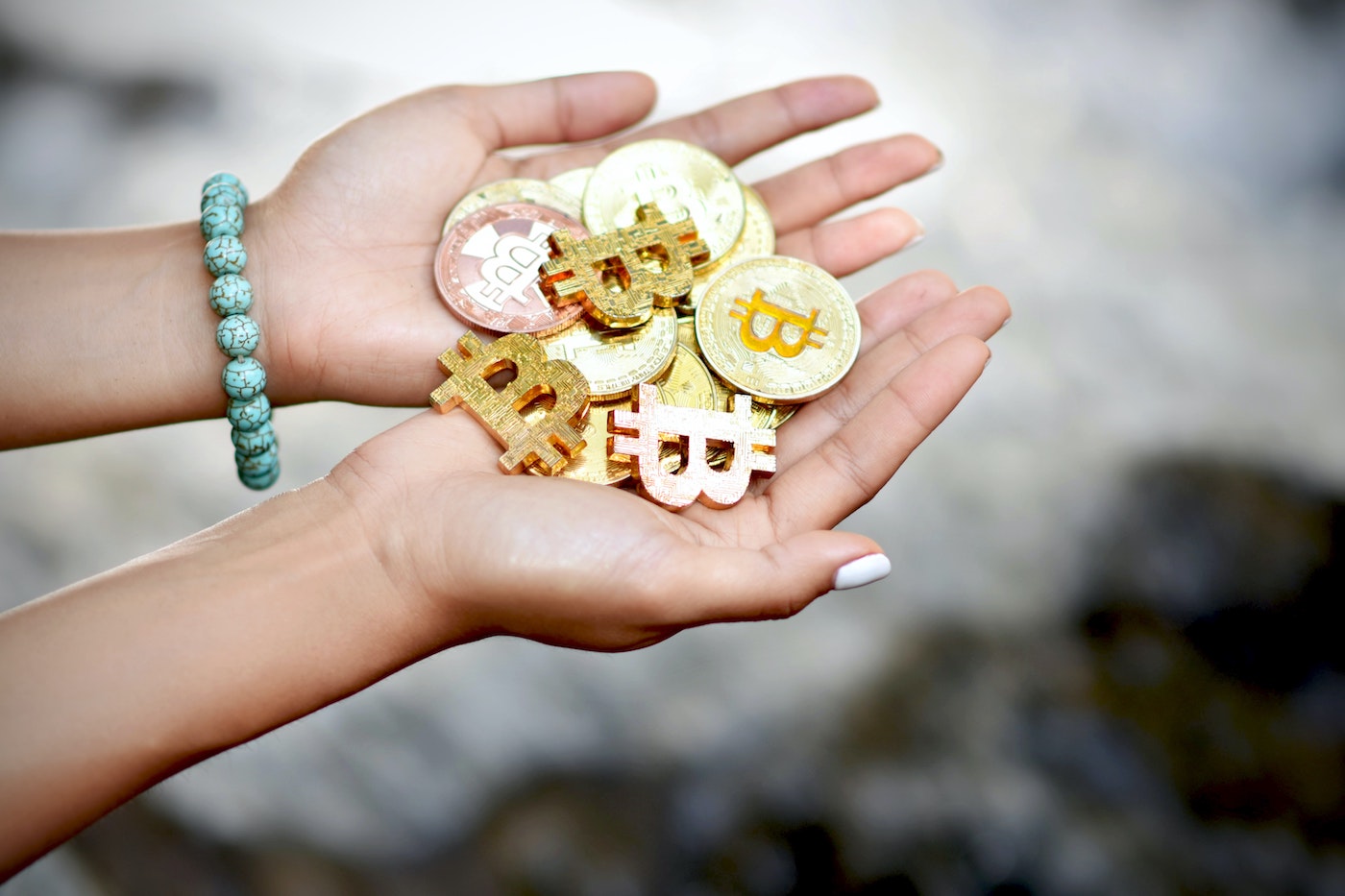The Financial Services Authority (OJK) Investment Alert Task Force recently blocked 86 peer-to-peer lenders that were operating without licenses, as well as 26 unauthorized investment businesses that include 11 platforms running Ponzi schemes and three cryptocurrency trading platforms—Lucky Best Coin, GBHub Chain, and Raja Coin.
The task force’s chairman, Tongam Lumban Tobing, said that the global crypto trading platform Binance is illegal in Indonesia as it doesn’t have a license in the country. Binance is the world’s largest cryptocurrency exchange by trading volume and user count, with 500 cryptocurrencies and virtual tokens listed on its exchange. These include Bitcoin, Etherum, Litecoin, Dogecoin, and its own Binance Coin. The firm entered Indonesia in May 2020 by investing in a local crypto platform, Tokocrypto, which was the first cryptocurrency exchange to be regulated by the Indonesian commodity futures trading regulatory agency, Bappebti.
Binance’s website is currently inaccessible in Indonesia.
A spokesperson of Binance Southeast Asia told KrASIA that the firm currently doesn’t service Indonesian users directly, but does so through its local partner, Tokocrypto. However, it is unclear whether Binance will apply for a license to operate legally in Indonesia, a promising market for business developments involving crypto.
Indonesian investors are bullish on the future of crypto assets. There are currently 4.45 million crypto investors in the country, according to Bappebti. This number far exceeds the estimated 2 million stock investors as of February 2021. Bappebti estimated that IDR 126 trillion (USD 8.8 billion) in crypto asset transactions have taken place in Indonesia so far.
“The high interest in crypto assets is driven by several factors, such as the ease of conducting know your customers (KYC) processes, as well as the fast processing of deposit and withdrawal transactions. Moreover, the crypto market operates 24 hours. This is why many young investors are choosing crypto over other types of investment,” said Oham Dunggio, chairman of the Indonesian blockchain association.
Foreign platforms pile in
Dunggio added that Indonesia’s crypto ecosystem faces challenges, especially since the field involves many irresponsible parties who take advantage of trading momentum to commit fraud. “Investors who want to enter this industry must do a lot of research before investing,” he said.
The growing popularity of crypto in the country entices many foreign platforms to enter Indonesia without permission, according to a Bappebti spokesperson. In February, the authority took down 68 investment portals, including some that had facilitated crypto asset trading without the required license.
Michelle Virgiany, international counsel at Indonesian law firm Hiswara Bunjamin & Tandjung, a local partner of Herbert Smith Freehills, said that her firm has received many inquiries from foreign players who wanted to set up crypto companies in Indonesia in the past nine months. “Several [foreign crypto] firms are currently analyzing a number of markets such as Indonesia, Singapore, and Hong Kong, because they are looking for countries that have the lightest licensing regime to start their expansion into Asia,” she told KrASIA.
Virgiany added that market players, both local and foreign, are exploring crypto-related initiatives and offerings. “It looks like the investment trend is heading towards crypto at the moment.” Given there is a need to secure a license and the application process may be lengthy, investing in a local platform can be an easier option for foreign platforms to enter the market, just like Binance did, she said.
Indonesia legalized the trading of bitcoin and crypto assets as commodities in February 2019. There are currently 13 licensed crypto marketplaces and 229 types of crypto assets that are legally traded in Indonesia.
Yet a number of scams were executed under the guise of crypto investments in the past year. One recent case was a platform called E-Dinar Coin Cash, or EDCCash, which used a pyramid scheme. The company promised fixed profits and bonuses if investors recruited new members. So far, 350 people have filed complaints, but the police estimate that at least 57,000 members have become victims of fraud. The authority urged the public to exercise caution when responding to offers from fintech companies, as there are still many illegal platforms functioning in the country.
